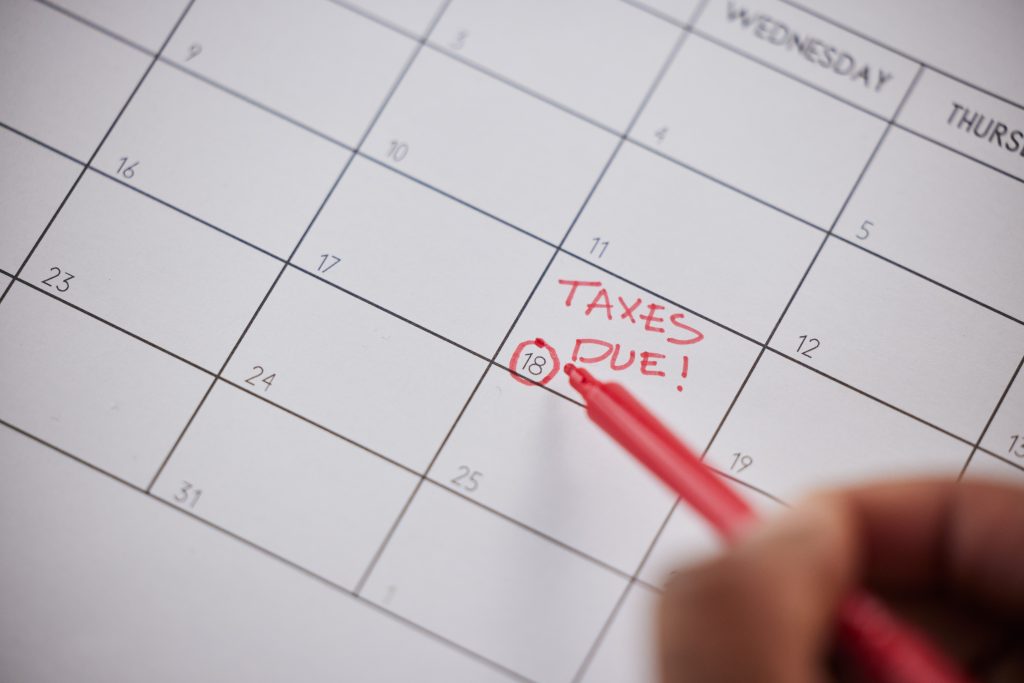Paying your PAYE on time in New Zealand is part of your business responsibilities and it’s a chance to also avoid penalties. If you’re late, you could face fines, interest, and other consequences from the IRD. But don’t worry, it’s not as scary as it sounds. Staying on top of your payment deadlines is easier than you think, and the key to avoiding late fees and interest is planning ahead.
If you’re dealing with overdue payments or wondering how the penalties stack up, I’ve got the lowdown. Keep reading to learn how to calculate those pesky fines and protect your business from financial penalties.
What Are PAYE Late Payment Penalties in NZ?
When it comes to PAYE in New Zealand, being late can cost you—big time. The Inland Revenue Department (IRD) isn’t kidding around when it comes to penalties for missing deadlines. If you don’t pay your PAYE on time, you’ll likely face a few types of penalties.
First up, there are late filing penalties. These hit when you miss the deadline for submitting your PAYE returns. Then, there’s the interest on overdue payments, which can quickly add up if you’re not careful. And, of course, there are other fines the IRD can slap on you if they’re feeling generous—though I doubt they’ll be feeling too generous if you’re not paying attention.
But it doesn’t stop there. If you’re consistently failing to meet your PAYE obligations, the IRD might take legal action. We’re talking about serious consequences, like having your assets seized or facing fines that go beyond just a financial slap on the wrist.
In short, staying compliant with PAYE isn’t just about avoiding penalties—it’s about keeping your business out of trouble.

How to Calculate PAYE Late Payment Penalties in New Zealand
When you’re late with your PAYE payment, the IRD starts adding penalties and interest, and trust me, they don’t waste time. Here’s how they calculate it:
- Late filing penalty: This is typically a flat penalty that’s applied when you miss the submission deadline for your PAYE returns. The IRD doesn’t give much grace here.
- Late payment interest: This interest starts accumulating from the day after the due date. It’s charged at a daily rate and can quickly add up, especially if you don’t pay within a reasonable time.
- Penalty rates: The longer you delay, the bigger the penalty. If you’re late for a few days, it might not be too bad. But if it stretches on for weeks, you’ll see penalties grow.
Step-by-Step Breakdown:
- Day 1: The clock starts ticking when your PAYE is due. If you don’t pay or file, the IRD will charge an initial penalty.
- First 7 Days: You’ll get a fixed percentage penalty on the amount owed, usually starting at around 1%.
- After 7 Days: If you still haven’t paid, more penalties are added, plus daily interest. It gets steeper.
- Beyond 30 Days: The IRD can apply additional penalties and interest, stacking up as time goes on.
To sum it up: the longer you leave it, the more you pay. If your payment is overdue by a significant period, not only will you face higher penalties, but you could also risk more serious legal action from the IRD.

Consequences of Not Paying PAYE in New Zealand
Failing to pay your PAYE on time isn’t just about extra fees and interest—it can lead to some serious consequences that could impact your business in the long run. Here’s a closer look at what can happen:
| Consequence | Description | Impact on Business |
|---|---|---|
| Financial Penalties | The IRD applies hefty late payment penalties and interest, which can snowball quickly if left unpaid. | Adds unnecessary financial burden, reduces cash flow. |
| Legal Action | If you don’t pay your PAYE obligations, the IRD can take legal action. This could include asset seizure or court action. | Can lead to long-term legal troubles, additional costs, and reputational damage. |
| Damage to Business Reputation | Consistent non-payment of PAYE can harm your business’s credibility with both the IRD and clients. | Loss of trust among customers and partners, which could affect contracts and business growth. |
| Disruption to Operations | If you are constantly dealing with overdue PAYE payments, you could face operational disruptions, including challenges with employee salaries. | Poor morale, high employee turnover, and difficulty attracting new talent. |
Not paying PAYE can have a ripple effect. From financial setbacks to reputational damage, the cost of non-compliance can be severe. You risk losing not only money but also credibility and, potentially, the ability to operate smoothly. So, staying on top of your PAYE obligations isn’t just important—it’s crucial for your business’s health.

Frequently Asked Questions
What is the penalty for late payments in New Zealand?
When you’re late with your PAYE payments, the IRD imposes financial penalties that can add up quickly. These penalties typically include a late filing penalty for missing the submission deadline and interest on the overdue amount. The longer the delay, the higher the penalties and interest. So, it’s important to stay on top of your deadlines to avoid these extra costs.
How is PAYE interest calculated in NZ?
Interest on overdue PAYE payments starts accumulating from the day after your payment is due. It’s charged at a daily rate, so even a few days can result in significant interest. The longer the payment is delayed, the more interest will accrue, making it even more important to pay on time to minimize extra charges.
What happens if you don’t pay PAYE in New Zealand?
If you fail to pay your PAYE on time, the IRD can impose late fees and interest. But that’s not all. Legal action could be taken if the problem persists, including the seizure of assets. Additionally, not paying your PAYE could damage your business reputation, making it harder to establish trust with clients, employees, and partners.
How do I avoid PAYE late payment penalties?
The best way to avoid PAYE penalties is by staying proactive. Here are some practical tips:
- Set up automated payments to ensure you don’t miss deadlines.
- Use accounting software to track your PAYE obligations and send reminders.
- Create a clear payment schedule to help you stay on top of due dates.
- Keep accurate records of all your transactions and payments to avoid confusion.
By keeping these strategies in place, you can avoid penalties and maintain a smooth operation for your business.
